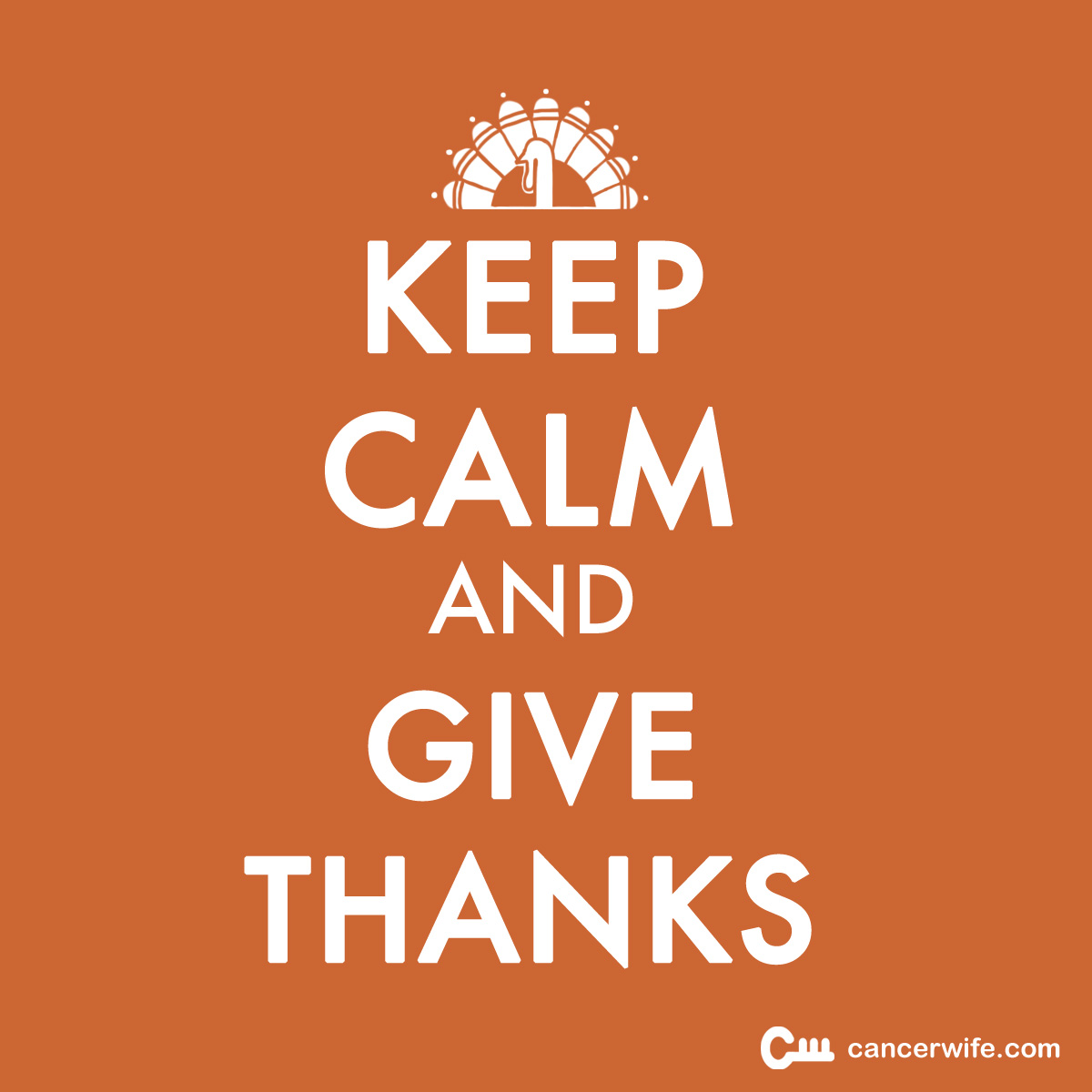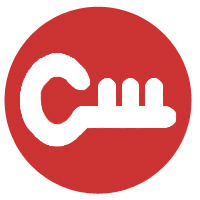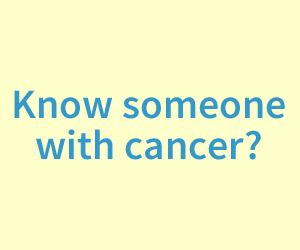Giving Thanks 2014: My secret confession.
 Happy Thanksgiving to All!
Happy Thanksgiving to All!
Since my cancer diagnosis almost 7 years ago, I've encountered many people with cancer. The interesting thing is a large proportion of them have non-small cell lung cancer (NSCLC).
It's a sneaky cancer, often showing up as stage 1, then exploding into stage 4 within a year or two. Rapid growth and quick mutations make it difficult to treat. Even with this devastating prognosis, this group of cancer patients have a big reason to be thankful this Thanksgiving!

One handful of the NSCLC patients I knew have unfortunately passed away a few years ago. The other handful of them are battling this terrible disease right now, with chemo and targeted therapies that work for a while, but then the tumors mutate quickly, making the treatments obsolete. Thankfully, NSCLC patients now have the option not to follow the same treatment and outcome of their predecessors.
It's a very interesting time now, as there is an explosion of cancer immunotherapy treatments being tested in clinical trials and showing results that have never been seen before in oncology. Tumors are not only regressing and disappearing, but they stay away for long periods of time. Essentially, people are being cured.
For people with NSCLC and various other cancers, checkpoint blockades were shown to cause long-term shrinkage and destruction of tumors that were resistant to all treatments prior. This is a testimony from a stage 4 NSCLC patient who had failed all radiation and chemo, but after going on checkpoint blockade treatment anti-PD1, her tumors all shrank and she has her health back.
The amount of checkpoint blockade clinical trials for NSCLC is so large, compared to what is available to patients like me with synovial sarcoma, that it's like shopping at Costco versus at a sidewalk lemonade stand.
With the large number of clinical trials for NSCLC, it also generates a large body of data for anti-PD1's efficacy in NSCLC patients. It's looking quite good, as trials are being filled quickly by doctors and patients, and FDA approval of anti-PD1 for lung cancer is coming soon.
For myself, with a super rare cancer, synovial sarcoma, there are practically no anti-PD1 clinical trials. Thankfully, anti-PD1 was approved for melanoma in September 2014. So, I can now get anti-PD1 "off-label", where a doctor prescribes it for me, but insurance does not cover it.
The drug company will charge about $13,000 for a month of the treatment, but the doctor or hospital can tack on another 400%, which is about $50,000+ a month. Basically, it's like shopping on the black market where they can charge as much as they want. Sadly, these are institutions that are supposed to help people heal. I'm still very thankful that I can at least get anti-PD1 if I ever need it.
When I talk with NSCLC patients about anti-PD1, I get so excited. I secretly wish that I had NSCLC instead of synovial sarcoma so that I could get into one of the NSCLC anti-PD1 trials or eventually have insurance cover anti-PD1. That's how awesome this treatment is.
So, it's a win-win situation for my dear NSCLC friends, whether they are able to get into a clinical trial or get anti-PD1 off-label at this very special time, the start of the era of cancer immunotherapy.
This Thanksgiving I am thankful for the cancer immunotherapy work of many scientists and doctors, and the willingness of patients to enroll in these clinical trials. All these make it possible for many others to benefit from cancer immunotherapy.
If you have questions about cancer immunotherapy or anti-PD1, write us below in the comment box, and we'll get back to you.




